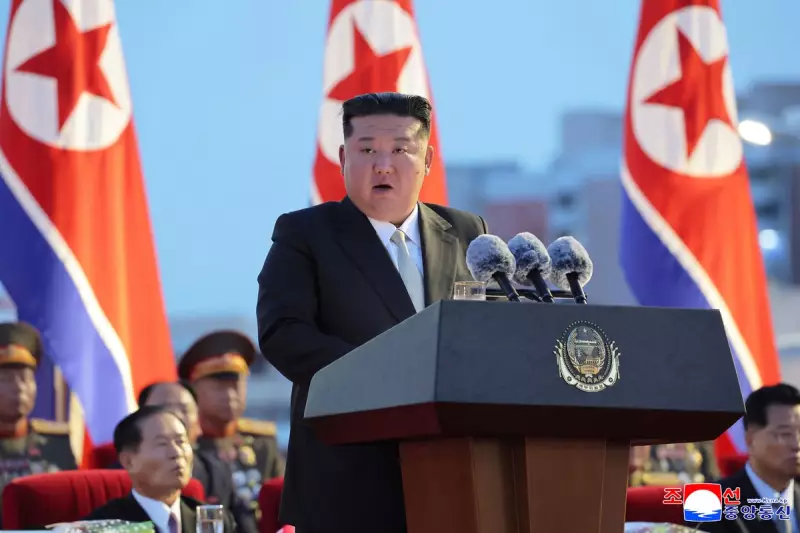
In a significant escalation of global tensions, North Korean leader Kim Jong Un has pledged his regime's full and unconditional support for Russia's ongoing war in Ukraine during a closely watched summit with President Vladimir Putin.
The meeting, held in Pyongyang, marks a dramatic deepening of military and political ties between the two increasingly isolated nations, potentially altering the strategic balance in Eastern Europe and the Korean Peninsula.
A Pact of Pariah States
Western intelligence agencies are now on high alert, closely monitoring the summit's outcomes for any signs of new arms agreements. There are growing concerns that North Korea could provide much-needed munitions for Russia's war effort, while Moscow might offer advanced technological or military capabilities in return.
This alliance represents a formidable challenge to Western powers, creating what some analysts are calling a new 'axis of authoritarians' united by their opposition to American influence and shared economic and military interests.
China's Calculated Silence
Perhaps most telling is the reaction—or lack thereof—from Beijing. China, North Korea's primary benefactor and Russia's most powerful partner, has remained conspicuously silent on the burgeoning partnership.
This silence suggests either tacit approval of the alignment or a strategic calculation to avoid publicly endorsing actions that would further antagonise Western nations. Either way, it underscores China's complex position in this new geopolitical landscape.
Implications for Global Security
The strengthening bond between Pyongyang and Moscow carries profound implications:
- Enhanced military capabilities for both nations through potential technology and weapons exchanges
- Reduced effectiveness of international sanctions as the countries find new ways to trade
- Increased volatility in both Eastern Europe and the Korean Peninsula
- Challenges to Western diplomatic efforts to isolate both regimes
This development represents one of the most significant shifts in global alliances since the start of Russia's invasion of Ukraine, potentially creating a durable anti-Western bloc that could define international relations for years to come.





